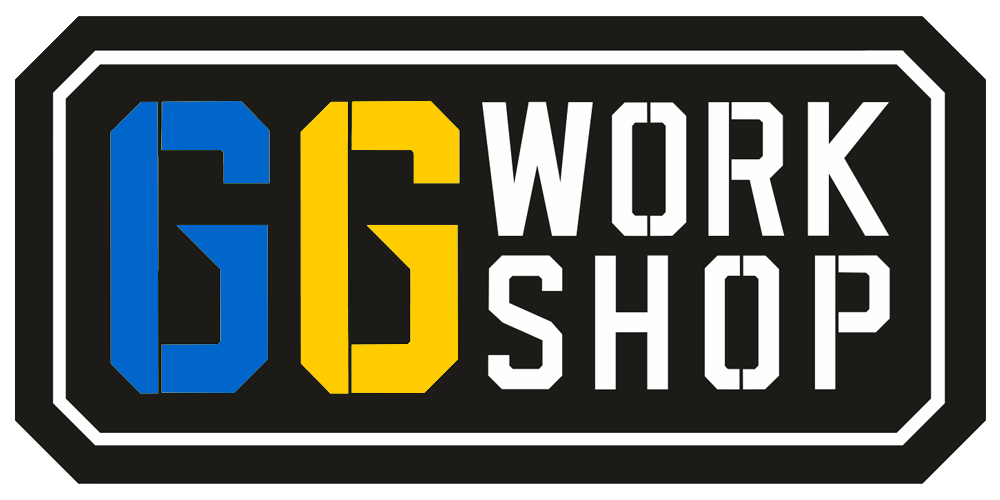Tattoo machines are fundamental to every tattoo artist's toolkit. The right equipment can greatly influence both the quality of the artwork and the overall tattooing experience. This guide explores the different types of tattoo machines, how to select the best one for your needs, and emphasizes the importance of comfortable armrests during tattoo sessions.
Types of Tattoo Machines
Tattoo machines generally fall into two main categories: rotary and coil. Each type offers distinct advantages and features tailored to different tattooing styles.

Rotary Tattoo Machines
Rotary tattoo machines operate with a motor that drives the needle in an up-and-down motion. These machines are celebrated for their quiet operation and smooth, consistent performance. They are typically lighter and easier to maneuver, making them a popular choice among both novice and seasoned tattoo artists. Rotary machines are highly versatile, capable of performing lining, shading, and color packing tasks efficiently.
Coil Tattoo Machines
Coil machines are the traditional workhorses of the tattoo industry, functioning through electromagnetic coils that move the needle. These machines produce the iconic buzzing sound associated with tattoo parlors. Coil machines are prized for their customizability, allowing artists to adjust their settings to match specific styles and techniques. They come in two primary forms: liners and shaders. Liners are ideal for creating precise, clean lines, while shaders are designed for shading and filling in color.
Choosing the Right Tattoo Machine
Selecting the appropriate tattoo machine involves considering several factors, such as your experience level, the type of tattooing you specialize in, and your personal preferences. Here are some essential points to keep in mind:
Experience Level:
- Novices typically find rotary machines easier to use because of their simple design and versatile functionality. On the other hand, seasoned artists may prefer coil machines for their ability to be customized and their classic operation.
- Type of Work: If your focus is on detailed line work, a coil liner could be the optimal choice. For shading and coloring tasks, a rotary machine or a coil shader would be more suitable.
- Comfort and Ergonomics: The weight and balance of the machine are crucial considerations. A well-balanced machine minimizes hand fatigue, allowing for longer, more comfortable tattooing sessions.
Don't forget, that tattoo sessions can be extended, necessitating comfort for both the artist and the client. Comfortable armrests play a pivotal role in this regard.
Also, The quality of tattoo inks is another critical factor in professional tattooing. For a comprehensive exploration of the best tattoo inks on the market, be sure to read our article "Discovering the Finest: Exploring the World Tattoo Inks."

